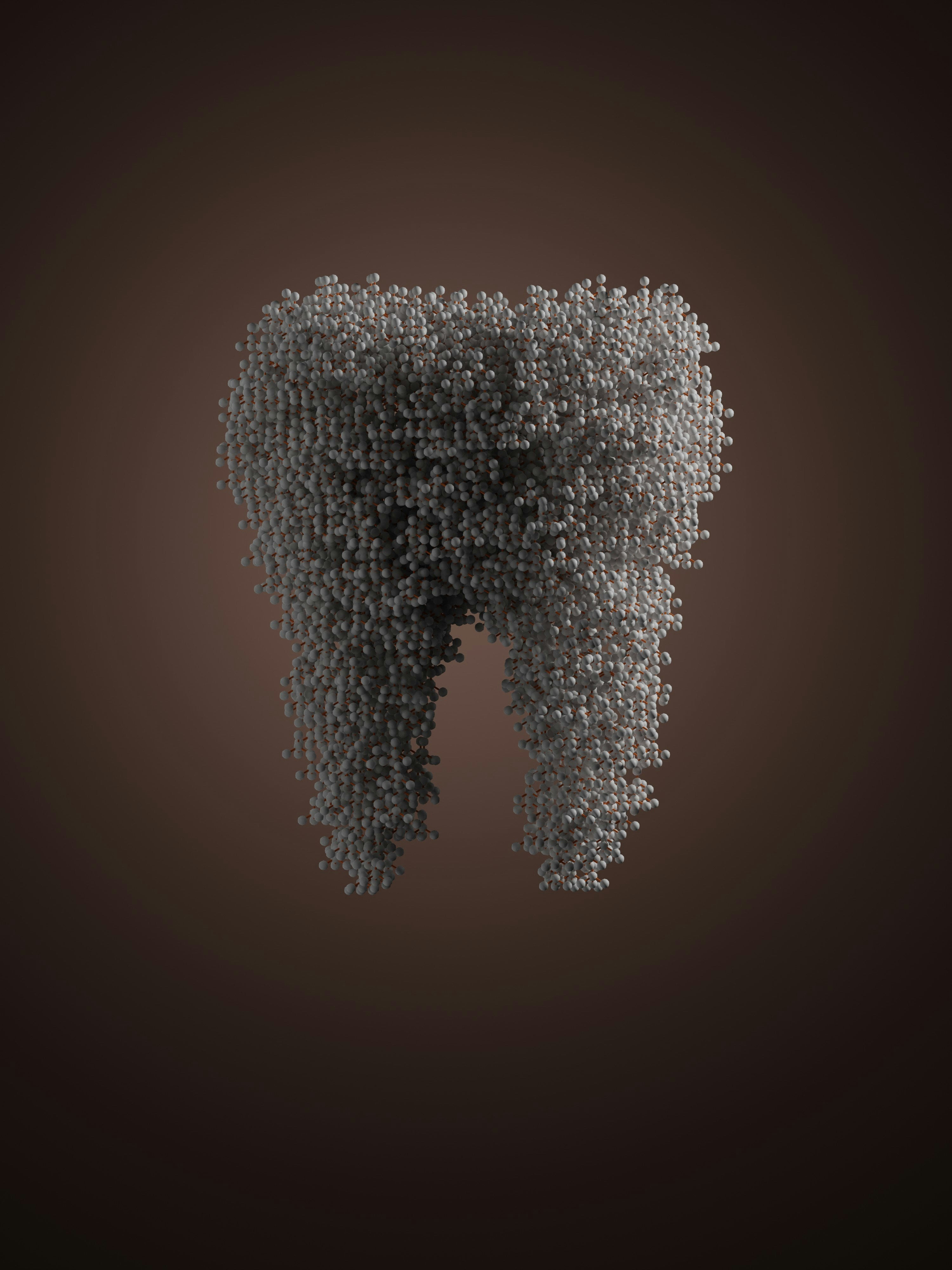5 sätt att förbättra din munhälsa

Munhälsa är en avgörande aspekt av det allmänna välbefinnandet, men den försummas ofta. Att upprätthålla en hälsosam mun handlar inte bara om att ha ett strålande leende utan det handlar också om att förebygga allvarliga hälsoproblem som tandköttssjukdomar, karies och till och med hjärtsjukdomar. Här är de fem viktigaste sakerna du kan göra för att förbättra din munhälsa.
Lästid: 3 minuter
1. Borsta och använd tandtråd regelbundet
Att borsta tänderna minst två gånger om dagen och använda tandtråd en gång dagligen är grunden för god munhygien. Använd en fluortandkräm för att stärka emaljen och förebygga karies. Borstning tar bort matrester och plack från tändernas yta, medan tandtråd rengör mellanrummen mellan tänderna som en tandborste inte kan nå.
Tips för effektiv tandborstning:
-
Byt ut tandborsthuvudet var tredje till fjärde månad.
-
Borsta i minst två minuter varje gång.
-
Glöm inte att borsta tungan för att ta bort bakterier och fräscha upp andedräkten.
2. Ät en balanserad kost
Vad du äter har en betydande inverkan på din munhälsa. En balanserad kost rik på vitaminer och mineraler hjälper till att hålla dina tänder och ditt tandkött friskt. Livsmedel med högt socker- och syrainnehåll, som godis och läsk, kan leda till karies och emaljskador.
Livsmedel att inkludera:
-
Mejeriprodukter: Mjölk, ost och yoghurt är rika på kalcium och fosfater, vilket hjälper till att återuppbygga emaljen och stärka tänderna.
-
Frukt och grönsaker: Krispiga frukter och grönsaker som äpplen, morötter och selleri stimulerar salivproduktionen, vilket hjälper till att rensa munnen.
-
Magert protein: Livsmedel som kyckling, fisk och ägg ger viktiga näringsämnen för att bibehålla starka tänder och tandkött.
3. Drick mycket vatten
Att dricka mycket vatten är viktigt för god munhälsa. Vatten hjälper till att skölja bort matrester och bakterier som kan leda till karies och dålig andedräkt. Dessutom främjar det salivproduktionen, vilket är din muns naturliga försvar mot plackbildning.
Vätsketips:
-
Begränsa söta och sura drycker, såsom läsk och fruktjuicer, som kan skada dina tänder.

4. Besök din tandläkare regelbundet
Regelbundna tandkontroller är avgörande för att upprätthålla munhälsan. Tandläkare kan upptäcka och behandla problem tidigt, innan de blir allvarligare.
Rekommendationer för tandläkarbesök:
-
Boka ett tandläkarbesök minst en gång om året för kontroll och rengöring.
-
Diskutera eventuella problem eller förändringar i din munhälsa med din tandläkare.
-
Fråga om förebyggande behandlingar som tätningsmedel eller fluoridapplikationer om du löper högre risk för karies.
5. Undvik tobaksprodukter
Att använda tobaksprodukter, inklusive rökning och tuggtobak, kan ha allvarliga effekter på din munhälsa. Tobaksbruk ökar risken för tandköttssjukdomar, karies och munhålecancer. Det kan också leda till dålig andedräkt och missfärgade tänder.
Att upprätthålla en god munhälsa kräver en kombination av konsekventa dagliga vanor och regelbunden professionell vård. Genom att borsta och använda tandtråd regelbundet, äta en balanserad kost, undvika sötade drycker, besöka din tandläkare regelbundet och undvika tobaksprodukter kan du hålla din mun frisk och minska risken för tandproblem. Kom ihåg att en frisk mun är en viktig del av den allmänna hälsan, så vidta åtgärder idag för att skydda ditt leende för framtiden.




